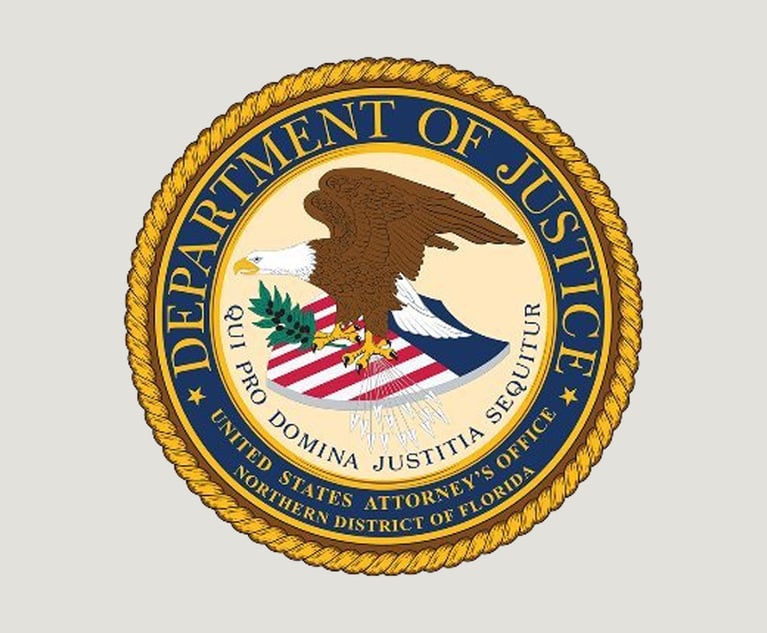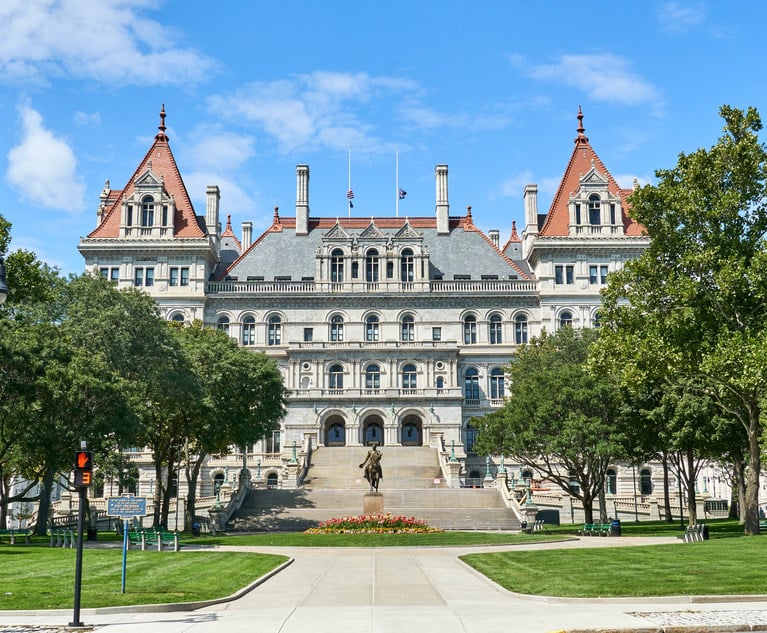We presume that most attorneys in New Jersey at one time or another, if not more frequently, have posted on a professional listserv or participated in discussions with colleagues about issues, theories, and questions of law as a means of helping a client in the successful resolution of a case. American Bar Association Formal Opinion 511, entitled “Confidentiality Obligations of Lawyers Posting to Listservs,” issued on May 8, discusses “whether, to obtain assistance in a representation from other lawyers on a listserv discussion group, or post a comment, a lawyer is impliedly authorized to disclose information relating to the representation of a client or information that could lead to the discovery of such information.” How often after a listserv discussion does a lawyer walk into a courtroom and hear arguments in a case being argued by a person with whom he or she chatted on a listserv thereby permitting the observer to identify the client? How often has an attorney read in a professional journal or other media something related to the subject of the listserv discussion?
RPC 1.6 precludes a lawyer from revealing “information relating to representation of a client unless the client consents after consultation” except in certain instances as provided in the rule, and RPC 1.6(f) expressly provides that “[a] lawyer shall make reasonable efforts to prevent the inadvertent or unauthorized disclosure of, or unauthorized access to, information relating to the representation of a client.” “Informed consent” is defined in RPC 1.O(e).








